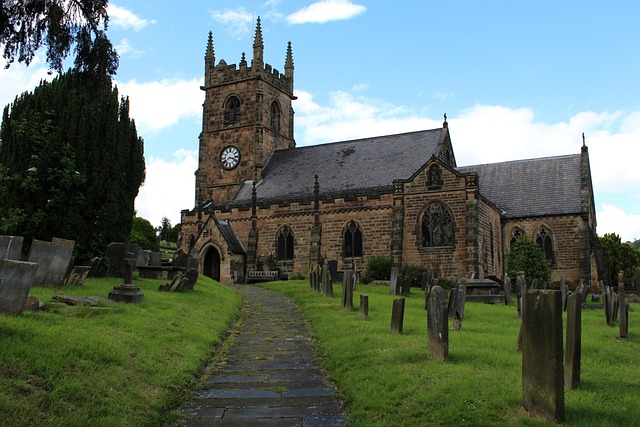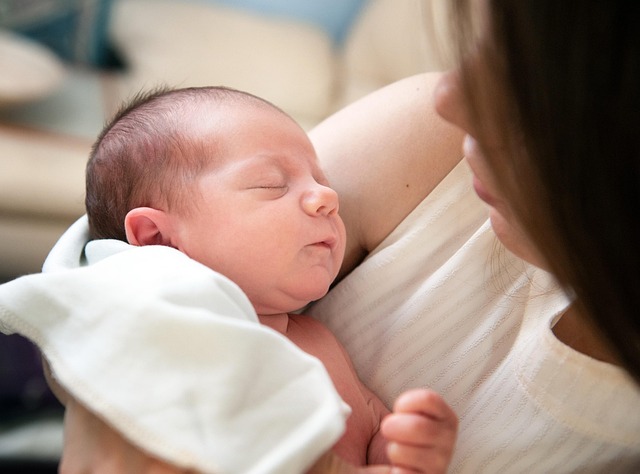
By Mac Mckechnie
He had promised never to return, but here he was, standing at the edge of the village green as though no time had passed at all.
The church clock still chimed a few minutes late. The swings on the green creaked in the same rhythm he remembered. Children’s laughter floated across the grass, and the scent of roses drifted from Mrs Armitage’s garden.
Peter Hallam had imagined everything would look smaller after thirty years away. Instead, he felt smaller himself, as if the village had stood firm while he had been the one to change.
“Peter?”
He turned. Rosie Kent stood beneath the lime trees, a shopping bag hooked over her arm. Time had added silver threads to her chestnut hair, but her smile was unchanged.
“Rosie,” he said softly.
“I never thought I’d see you back here,” she admitted. “You always swore you wouldn’t.”
“I came for Mum’s bench,” he replied, nodding towards the churchyard where sunlight gleamed on a brass plaque. “And… to see.”
Rosie’s expression softened. “We gave her a proper send-off. Everyone came. She’d have loved it.”
He swallowed. “I should’ve been here.”
“You’re here now,” she said briskly. “And it just so happens I’ve a kettle waiting. Walk with me?”
They crossed the green together. Peter noticed how the cottages had been painted fresh, though their crooked lines stayed the same. A new playground stood where the old climbing frame had been, but the beech tree still stretched its branches as if nothing in the world could touch it. The village looked both different and unchanged, like an old friend who had grown older with dignity.
Rosie’s kitchen was painted yellow, sunlight bouncing off gingham curtains. The room smelled faintly of polish and baking, the kind of scent that wrapped itself around memories. She set cups on the table, poured strong tea, and added a plate of shortbread. Peter wrapped his hands round the mug, feeling warmth seep into him.
“You look well,” Rosie said. “Where did you end up?”
“Derby, lately. Training work. Nothing glamorous.”
“And the music?” she asked.
“In the loft,” he admitted. “Neighbours don’t appreciate midnight playing.”
“I did,” she said with a smile.
The remark caught him off guard. For a moment he was back in his twenties, guitar across his knee, Rosie leaning against the old stone wall outside the pub, her laughter mixing with the hum of summer evenings. He had thought those days buried, but they surfaced easily now, as fresh as the sound of the clock chiming outside.
Silence lingered, companionable and awkward all at once. Peter glanced at the dresser. A photograph showed Rosie on a windy cliff path with a spaniel at her side. Another showed her behind the counter of the shop, holding up a jar of humbugs. She had built her life here, steady and rooted.
“I’m sorry I never came back,” he said. “I thought leaving was courage.”
“And coming back is courage too,” Rosie replied gently.
His throat tightened. “I don’t know what to do with the house. Part of me thinks I should sell. Another part…”
“Another part remembers how the front room caught the best light at four o’clock?” she asked. “It still does. And the garden needs taming before it declares independence.”
He laughed, and the knot in his chest loosened. “That sounds just like Mum’s garden.”
“She’d be glad to know it’s still there, waiting for someone to care for it again.”
That evening they walked through the churchyard. Peter paused at the new bench, brushing dust from the plaque with his fingers. The yews cast long shadows, and swifts darted overhead. He could almost hear his mother’s voice urging him not to slouch, to be kind, to carry on. A sense of peace touched him in a way he hadn’t expected.
“Will you stay for a while?” Rosie asked.
“I might,” he said. “Long enough to sort the house. Maybe longer.”
“Good,” she said. “We’re short of volunteers for the fete. Your mother always ran the bookstall. You could take over.”
He chuckled. “I suppose I could. Do people still donate boxes of books at the last minute and swear they told you weeks ago?”
“Exactly the same,” Rosie said with a grin. “Some things never change.”
They strolled slowly back towards the cottages, the evening light turning golden across the rooftops. A few villagers called out greetings when they saw Peter, not surprised, not shocked—just welcoming, as if he’d merely been away for a season. It warmed him more than he could say.
Back at the gate, Rosie paused. “It’s strange, isn’t it? The way life circles round. You think you’ve closed a door forever, and then one day you find it open again.”
Peter nodded. “Maybe it was never really closed. Just waiting.”
As they left the churchyard, the clock chimed again—still two minutes late, but perfectly on time for Peter.
Author Bio:
Mac Mckechnie is a Yorkshireman and lives in Barnsley South Yorkshire. Now aged 75 he has the luxury of sufficient time on his hands to go back to his love of writing. He leads a creative writing group in Barnsley, and a lot of his ideas are sparked from work within that group.
Mac has written several books, Sci-Fi being his favourite genre, but confesses that he is drawn to simple animal adventures from his younger days. This short story is just one of those written within the group. His next animal book “Tilly” about the light-hearted adventures of a Border Collie in East Yorkshire is out soon on paperback and will also be available on Amazon.
Contact Author:
Mac can be contacted at: mckechnie31@btinternet.com





